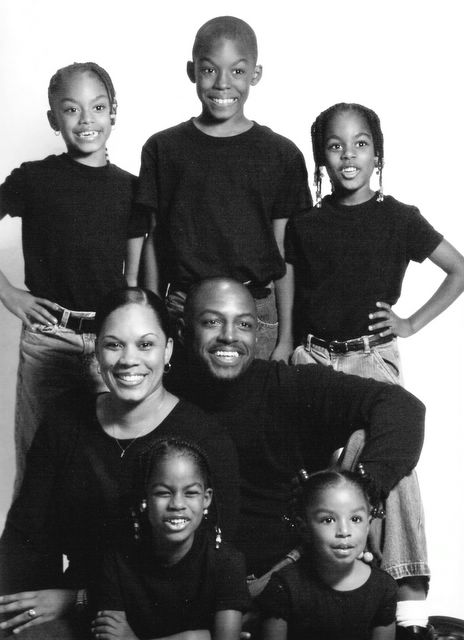 On January 16, 1965, Union General William T. Sherman issued Special Field Order No. 15. It stated: "The islands of Charleston south, the abandoned rice fields along the rivers for thirty miles back from the sea, and the country bordering St. Johns River, Florida are reserved and set apart for the settlement of Negroes now made free by the acts of war and the proclamation of the President of the United States." These parcels of land were to be divided up into 40 acre tracts and given to the families of freed slaves. Along with this land, Sherman ordered the giving away of horses and donkeys that were of no longer use to the military. Obviously, the government did not back the order, and debate still rages as to whether or not Sherman even had the authority or grounds to make and enforce such an order. Nevertheless, we now have with us the phrase "40 Acres and a Mule" to remind us of African-American's desire for a piece of the American pie they so longed labored to bake. As Reformed African-Americans, we are not looking for 40 Acres and a Mule." We're not even looking for 40 Mules and an Acre. We are simply looking to establish our own identity to the glory of God and the good of His peoples.
On January 16, 1965, Union General William T. Sherman issued Special Field Order No. 15. It stated: "The islands of Charleston south, the abandoned rice fields along the rivers for thirty miles back from the sea, and the country bordering St. Johns River, Florida are reserved and set apart for the settlement of Negroes now made free by the acts of war and the proclamation of the President of the United States." These parcels of land were to be divided up into 40 acre tracts and given to the families of freed slaves. Along with this land, Sherman ordered the giving away of horses and donkeys that were of no longer use to the military. Obviously, the government did not back the order, and debate still rages as to whether or not Sherman even had the authority or grounds to make and enforce such an order. Nevertheless, we now have with us the phrase "40 Acres and a Mule" to remind us of African-American's desire for a piece of the American pie they so longed labored to bake. As Reformed African-Americans, we are not looking for 40 Acres and a Mule." We're not even looking for 40 Mules and an Acre. We are simply looking to establish our own identity to the glory of God and the good of His peoples.As the Reformed African-American community grows, we have a opportunity to make a unique and geniune contribution to the Kingdom of God. We have an opportunity to address and even change the landscape of Christianity among African-Americans in particular and Reformed Christianity in America as a whole. Yet, I am convinced that this will only take place as we begin to define and identify ourselves, not away from the broader Reformed community, but distinct from the broader Reformed community. This is beginning to take place, but it needs to be intentional and deliberate. Therefore, when I say we must "have our own" I am saying that while we maintain our theological roots within the historical reformed theological community, we must desire to spring and sprout from those roots foliage and fruit that is uniquely and distinctly our own. In doing so, we not only give expression to who God has designed us to be, but we challenge our brothers and sisters of a lighter hue to see what God has done and is doing in and through us to teach them about Him. Only when we have our own apart, though not wholely theologically different, from the majority Reformed culture, will be begin to really make the impression upon the Reformed community that truly honors God.
My Reformed Black brothers and sisters, the greater Reformed community needs us and we need them. However their need is for us to do our own thing, publish our material, put on our conferences, promote our agendas, and practice an independence that gives credibility to the hearts and minds God has given us for His glory. This will demonstrate to us and them that we are not freedman looking for 40 Acres, but we are pilgrims seeking to establish the Kingdom of God upon a Rock (not Plymouth Rock :-). This will happen when we enthusiastically support what we are already doing and produce and develop even more. Let's keep talking...

1 comment:
As a white American onlooker, an American living three decades in Canada, a Reformed Christian, I just want to let you know that some of us of my variety rejoice in your efforts and your fellow Black Reformed Christians, male and female, to establish your distinct identity and develop a culture that is "your own." But don't be surprised if some of us of other races start borrowing. It's happened in the past, as you know well. Yours in Christ.
Post a Comment